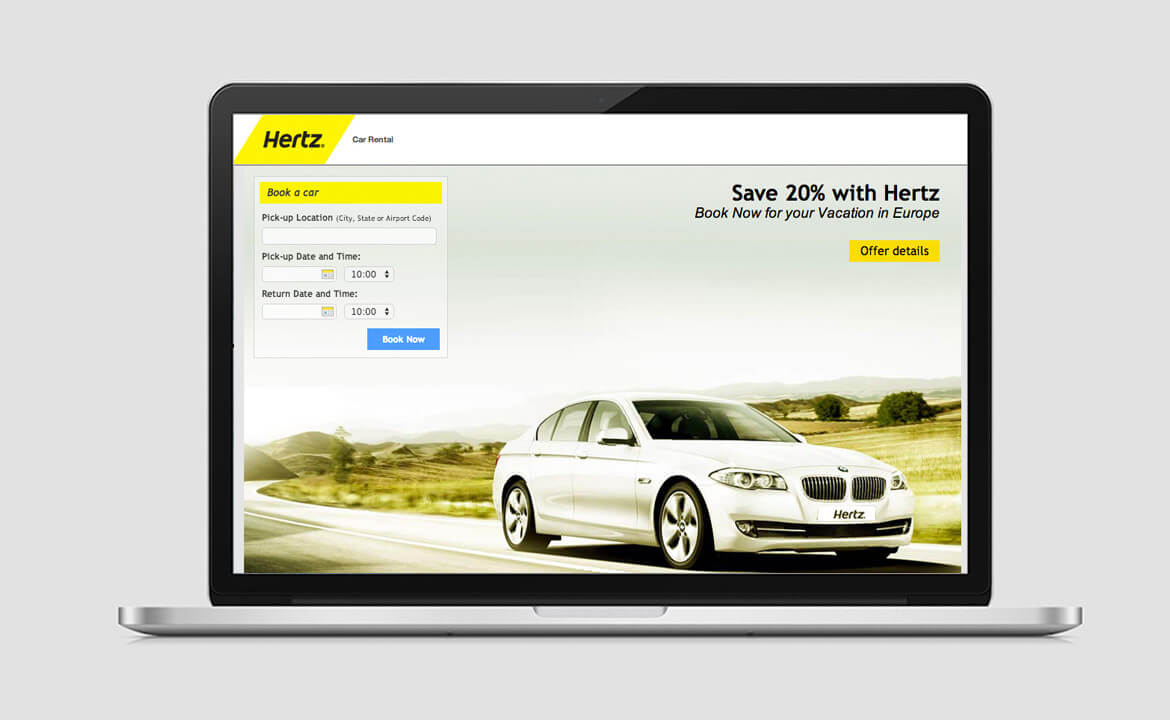Facepalm: Hertz, the second-largest car rental company in the US, is suing management consulting firm Accenture for $32 million over a website redesign that was allegedly a mess of delays, vulnerabilities, and failures to meet the client's requests.
The lawsuit states that in early 2016, Hertz began an ambitious project to transform its digital identity. Lacking the internal expertise and resources to carry out the work itself, Hertz picked Accenture from a list of potential candidates to design, build, test, and deploy Hertz's new website and apps.
As reported by The Register, the revamped website was supposed to go live in December 2017, but the deadline was delayed to January 2018 then pushed back again to April 2018, which was also missed.
By May 2018, Hertz lost patience and terminated Accenture's services. The lawsuit claims the car firm no longer had any confidence that Accenture was capable of completing the project.
Some of the problems listed in the complaint include Accenture's failure to incorporate a website design that scaled to different devices. Accenture only created desktop and mobile versions, when Hertz asked about the tablet version, the firm "demanded hundreds of thousands of dollars in additional fees to deliver the promised medium-sized layout."
It's also claimed that Accenture ignored requests for a common core of libraries so Hertz could share information across all its websites and apps. "Accenture deliberately disregarded the extensibility requirement and wrote the code so that it was specific to the Hertz brand in North America and could not be used for the Hertz global brand or for the Dollar and Thrifty brands," the suit reads.
Hertz adds that there were serious performance defects and security vulnerabilities in the code for the customer-facing ecommerce website. The company said: "The defects in the front end development code were so pervasive that all of Accenture's work on that component had to be scrapped."
There were other problems, too: not following Java standard; Accenture advising Hertz to buy licenses for software despite not knowing how to use it; and a failure to correctly test the developed software.
Five months after the deadline had passed, Accenture asked Hertz for another $10 million, on top of the $32 million it had already paid, to finish the project. Hertz is now suing to recover the money, along with "millions of dollars in additional costs that it has incurred in remediating and completing the project."
A spokesperson for Accenture told The Register: "We believe the allegations in this lawsuit are without merit, and we intend to defend our position. Because this is an ongoing legal matter, we decline any further comment."
Image credit: Eric Glenn via Shutterstock
